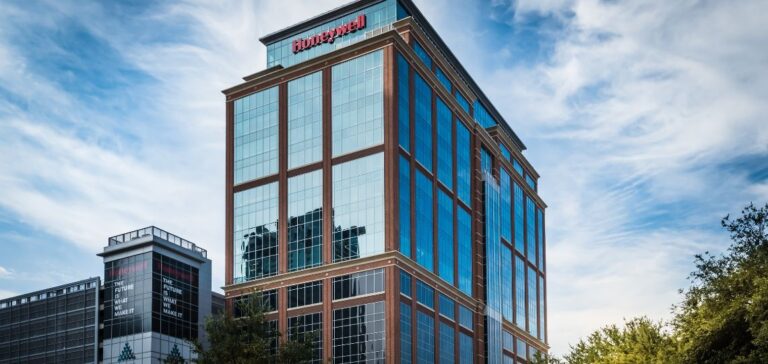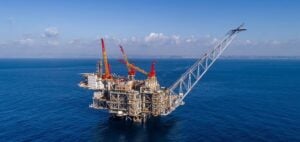Qatar Petroleum has selected Honeywell as the main supplier of instrumentation and controls to support the North Field East (NFE) project, developed by Qatargas on behalf of Qatar Petroleum. Honeywell’s technology will provide the NFE project with streamlined automation and safety systems, while reducing scheduling risks and saving on capital costs.
Qatar Petroleum chooses Honeywell for North Field East LNG project
Qatar Petroleum has chosen Honeywell as the main supplier of instrumentation and controls to support its North Field East (NFE) liquefied natural gas (LNG) project in Qatar. As part of the contract, the company will provide the technology needed to simplify automation and safety systems for the ENF project.
The ENF project should support the country’s goal of increasing its total annual LNG production by up to 43%, from 77 million tonnes per annum (Mtpa) to 110 Mtpa. The project comprises four new LNG mega-trains and their associated facilities. Production at the plant is scheduled to start in 2025, supporting economic growth in Qatar.
Honeywell revolutionizes North Field East LNG with LEAP approach and advanced technologies
Honeywell has chosen to deploy its LEAP (Industrial Internet of Things-enabled Lean Execution for Automation Projects) methodology. This integrates virtualization, Universal Input/Output (UIO), channel technology and cloud engineering.
According to Honeywell, the LEAP approach offers predictable construction costs. At the same time, it enables remote project engineering anywhere in the world. The aim here is to improve collaboration and reduce travel.
“We are delighted to play a central role in the world’s largest and most ambitious LNG project. Our technologies will help Qatargas achieve its production targets more efficiently, while helping it to meet its safety, reliability and profitability parameters.” Says Honeywell.
The company will also implement smart junction box (SJB) technology for control and safety systems for a reduced number of instrumentation cabinets, compared with previous technologies. This should speed up project execution and reduce installation costs.
Honeywell will integrate the instrumentation and control systems in the main ENF control building at Ras Laffan Industrial City (RLIC). These same systems will be integrated into the Instrument Technology Rooms (ITRs) located throughout the process area.





















